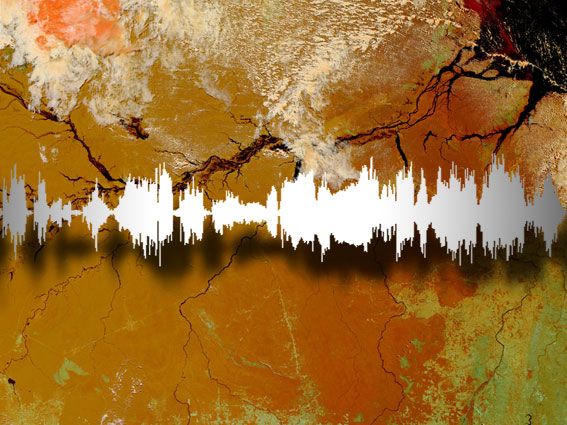|
Article 2
|
|
Article 10
|
|
Article 14
|
|
Article 26
|
Scroll down for language information
Native Name
Português
Official Language: Official Language: (Europe) Portugal, (Africa) Angola, Cape Verde, Guinea Bissau, Mozambique, Sao Tomé et Principe, (Asia) Timor Leste, (Central and South America) Brazil
Background
It belongs to the Indo-European family, Romance group, and is spoken by over 10 million people in Portugal, and over 190 million in all countries where Portuguese is the official language. As a language, it developed in northern Portugal (Lusitania) from the Latin language and "Galego", the language spoken in Galicia. Like Spanish, which it closely parallels in its grammar, it contains a large number of words of Arabic origin, as well as French and Greek origin. The language entered its modern phase in the 16th century, when the first grammar defined Portuguese morphology and syntax. When Luis de Camoes wrote "Os Lusiadas", in 1572, the language was already close to its current structure of phrases and morphology. From then on linguistic changes have been minor. Portuguese ranks 8th among the most spoken languages in the world. Of course, in the vast non-contiguous areas of the world where Portuguese is spoken there are differences and variations in terms of pronunciation, grammar and vocabulary. However these differences are not such as to challenge the basic structure of the language, which continues to maintain considerable cohesion among its many variations. In July, 1996, the Community of the Portuguese Speaking Countries, dubbed CPLP (A Comunidade dos Países de Língua Portuguesa), was established. CPLP aims at the solidarity of the Portuguese-speaking countries and the promotion of Portuguese in the international arena.
Reprinted from www.unhchr.ch/udhr/